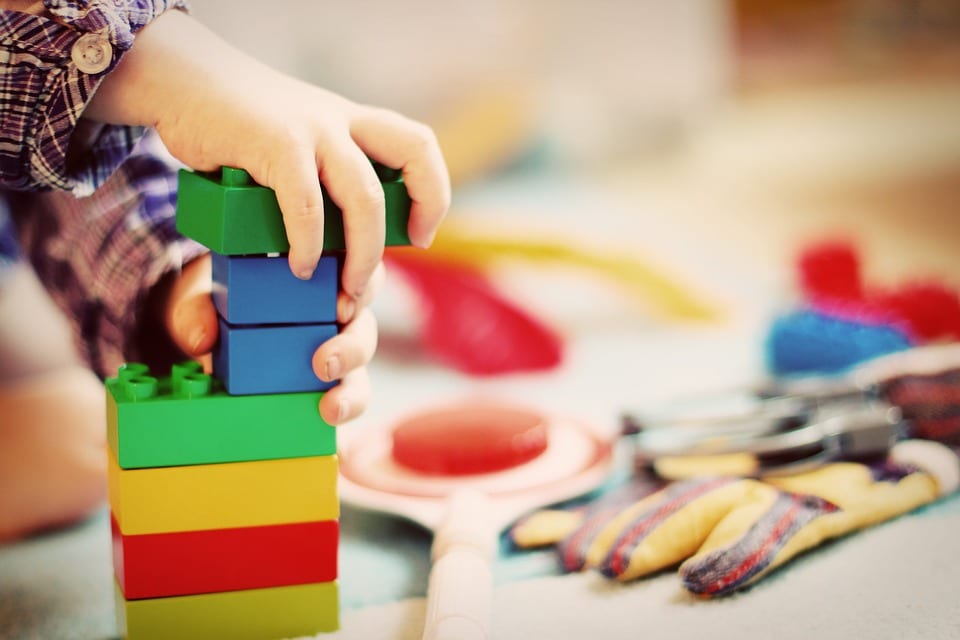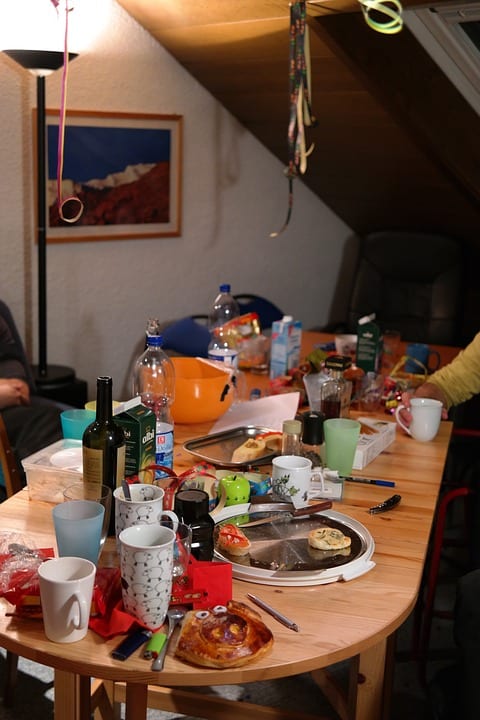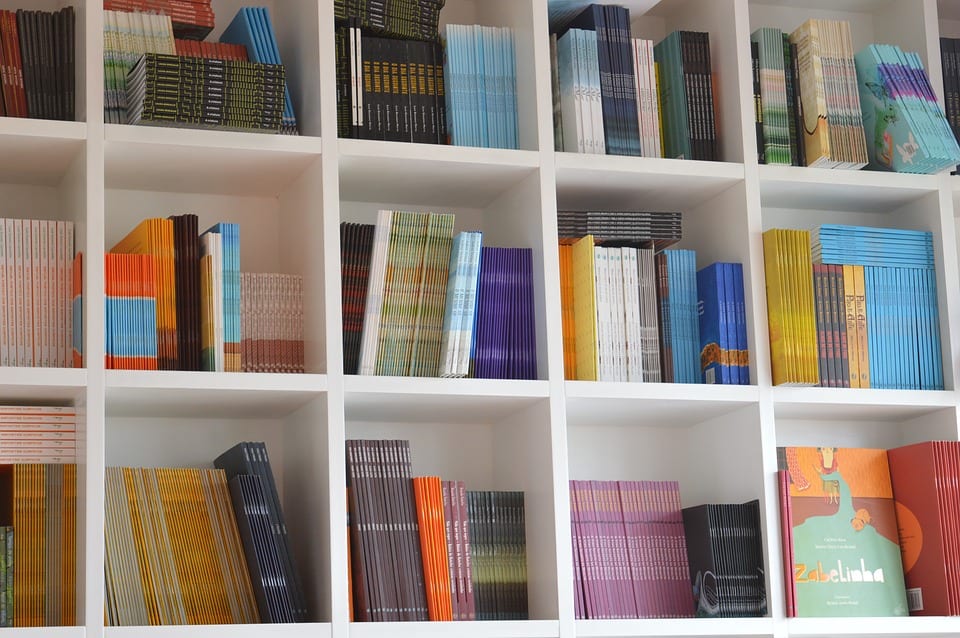Marie Kondo’s recent Netflix series, “Tidying Up with Marie Kondo,” has inspired people everywhere to take stock of how much stuff they own and probably don’t need. I’m actually doing it myself, and the method is easy to follow and really does help you become more mindful about your possessions and patterns of consumption. What’s more, decluttering has now been proven to not only increase the happiness of the adults in the home, but also kids. According to psychologist Dr. Ryan Sinclair, there is a “direct relationship…between clutter and tension” that can increase stress levels for human beings in general.
That means clutter could be negatively affecting your child’s happiness, as well.
Photo Credit: Pixabay
First off, what is clutter? It’s not the dirty clothes left on the floor instead of tossed in the hamper, and it’s not the pile of crap in that one chair that never seems to stay empty for more than a couple of hours.
Lisa Krohn, a professional organizer, told Romper that while messiness isn’t anything to panic about, true clutter can signal a larger problem, and can have an impact on a child’s wellbeing.
“Clutter causes confusion, accidents, paralyzes children from making decisions, and creates anger and temper tantrums. Clutter is too hard to process. They can’t see the forest through the trees.”
Who knew you could blame your kid’s tantrums on your space instead of your parenting or their general toddler mood swings?
Photo Credit: Pixabay
In a 2016 article in the Journal of Environmental Psychology, scientists argue that being in an overly-cluttered space can lead to a cluttered mind unable to function as cleanly as it would in a tidy environment. Similarly, a study in Environment and Behavior found similar results with students learning in cluttered classroom environments – they had a harder time completing their work to the best of their ability.
If your kids’ play space is a total disaster, with each and every item not having a “home” to return to when cleaning up, the little ones will instinctively avoid the area for their own mental well-being – even if they don’t know why they’re averse to playing there.
Photo Credit: Pixabay
The good news is, you and the kids can tidy the space together, and everyone will be the better for it. Your children will feel a sense of reward by completing a task that leads to a positive effect on themselves, as well as others.
A tip from the professionals: Kids need clear, visual clues in order to truly be able to help keep their own spaces tidy. That means clearly labelling boxes and drawers so that they know where things go at the end of the day.
Still, they’re kids, so don’t expect perfection or for crap-pile to disappear seemingly overnight. Just keep in mind how much better it is for everyone when you pitch a bunch of their stuff while they’re over at grandma’s.
Everyone will be happier for your sneakiness. Fact.
The post De-Cluttering Your Home Will Actually Make Your Kids Happier, Too appeared first on UberFacts.



